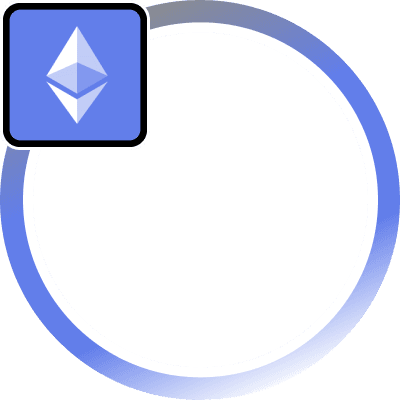Introduction
LinkPool is a prominent entity in the Chainlink ecosystem, providing tools and services that foster the growth and security of Chainlink’s network. It was created by Chainlink community members Jonny Huxtable and Mat Beale to simplify Chainlink staking for average users. Their services include operating a Chainlink node, a staking pool, and other products aimed at oracle operators and Chainlink staking.
LPL and SDL Tokenomics
The LinkPool Token (LPL) was introduced through a crowdsale in 2018, raising around 705 ETH




